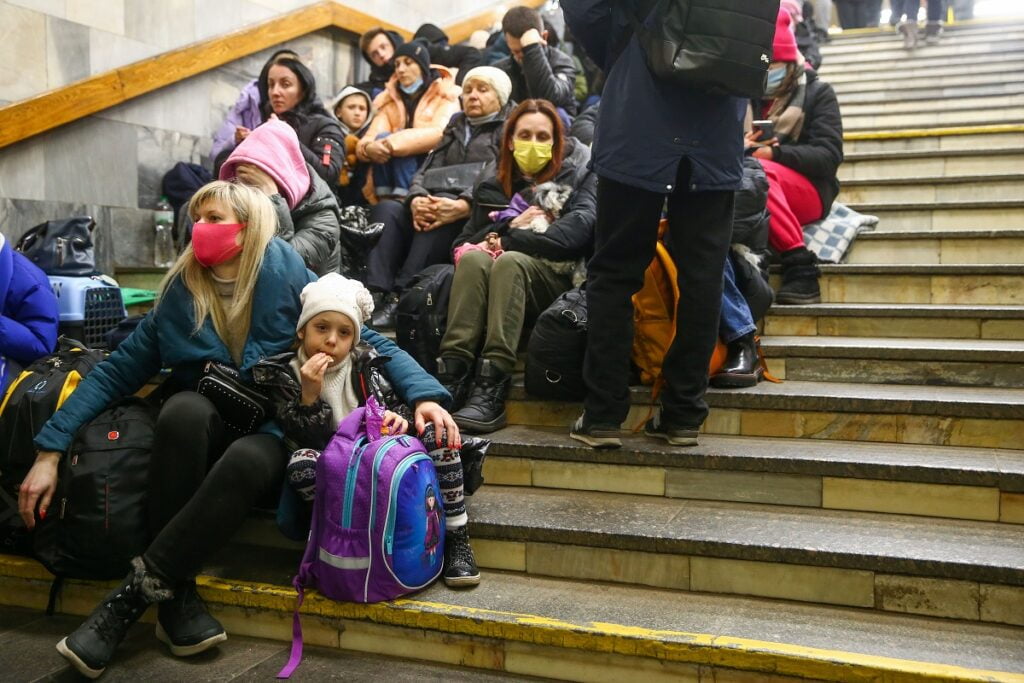Researchers at Tel Aviv University say the people of Ukraine are more resilient during war than Israelis.
Despite the significant dangers and threats they face, the Ukrainian “hope index” was measured as higher than that of Israelis during Operation Guardian of the Walls in May 2021, when Hamas directed rocket attacks on Israel.
Researchers scored 1,000 Ukrainian citizens as having an average hope index of 3.95, compared with an average of 3.5 for a group of 650 Israelis (on a scale of one to five).
They found that during conflict, populations can simultaneously experience high levels of stress and high levels of societal resilience and hope for the future.
They also found that people between the ages of 26 and 30 present higher levels of stress and post-traumatic stress symptoms to other age groups, and that women reported higher levels of all negative coping mechanisms in comparison to men.
On a scale of one to five, they found that the danger in the eyes of Ukrainian citizens is perceived as much more tangible (3.7) than Israelis’ perception of danger in the rounds of fighting against Hamas in Gaza (2.45). Ukrainians were also found to view their situation as more threatening (3.29) than Israeli citizens did during the operation (2.79).
“The perception of a threat as existential to the survival and sovereignty of the state and society is likely, under certain conditions, to enhance the population’s societal resilience and sense of hope,” said Prof. Bruria Adini and Prof. Shaul Kimhi of the ResWell Research Center at Tel Aviv University’s Sackler Faculty of Medicine.
“This is the case even when the population feels anxious and threatened by the situation. Moreover, it appears that the war launched by Russia against Ukraine has actually contributed to the process of Ukrainian identity-building, which also leads to increased levels of resilience, as well as an extremely high sense of hope.
“The Israelis, unlike the Ukrainian people, do not feel that their country is under a direct existential threat and have, to a certain degree, adapted to an ‘emergency routine’ due to the recurrent conflicts. In light of this, they present lower levels of resilience relative to Ukrainians, but at the same time higher levels of well- being and morale.”
Related posts

Israeli AI Safety Tool Among TIME’S Best Inventions For 2024

TAU Team Discovers Mechanism To Eliminate Cancerous Tumors

Ashdod Port Investing In Startups As Part Of Innovation Strategy




Facebook comments